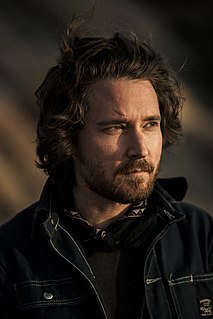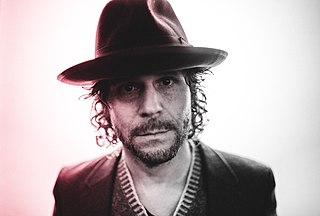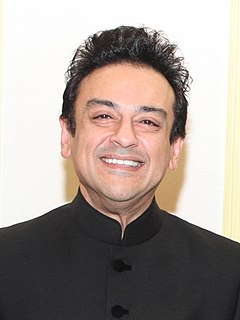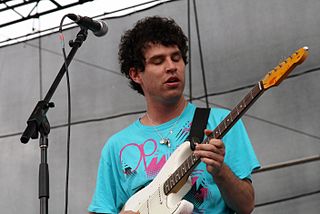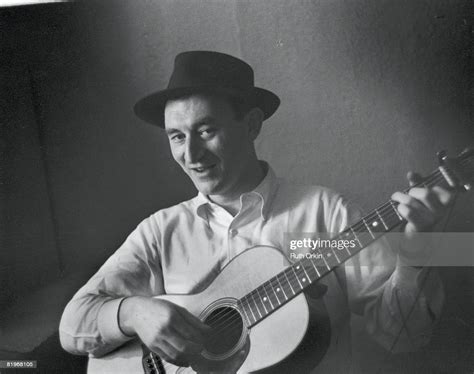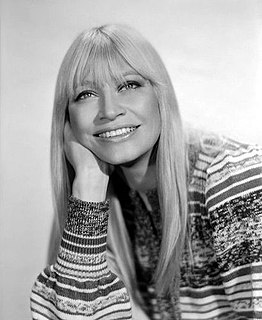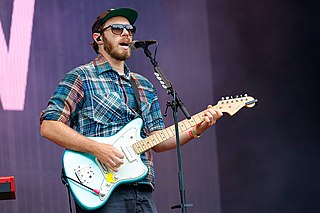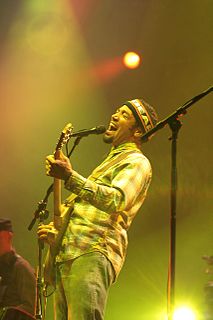A Quote by Roger McGuinn
I think what makes the Byrds stand up all these years is the basis in folk music. Folk music, being a timeless art form, is the foundation of the Byrds. We were all from a folk background. We considered ourselves folk singers even when we strapped on electric instruments and dabbled in different things.
Related Quotes
I think there's a difference between the type of folk music that people put into the box of "folk music" and then there's the kind of folk music that I aspire to and am in awe of, and that is the kind of folk music where it's very limited tools - in most cases a guitar, in a self-taught style that is idiosyncratic and particular to that musician.
I want to be just a musician and songwriter, and hopefully known as a very good one. I love a lot of music that's considered folk music, but I also love a lot of music that's considered punk or considered rap. I don't mind being called a folk singer. But it seems a bit limiting. I want to be able to write whatever kind of song I want.
It's weird, in New York, it's like the big theme of everything is folk music and interacting with people. Maryland is where the landscape of our music comes from, it was more like, let's walk around. People are saying that we are part of some sort of folk scene. We don't feel connected with it. We do live in the city, and communicate with people. It's all folk music.
I think that anything is a form of folk music. That's just me being glib, but the thing I like the best about humans, and there are not many other things besides this, is that humans make culture. If you're an artist, a big part of folk is noticing what other people are doing and incorporating it and changing it - the way that songs warp and change over time.

